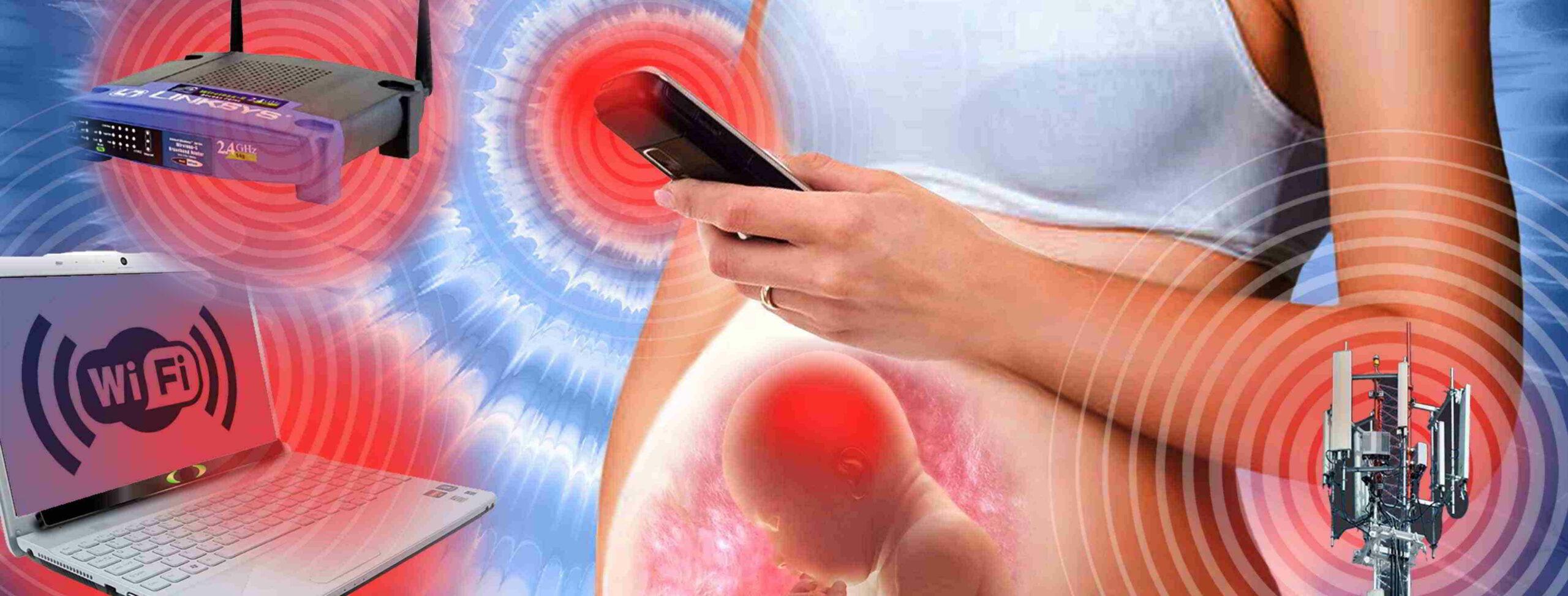I wonder sometimes how it is possible that people are so asleep that they do not realize that PULSING MICROWAVE DEVICES like “fitbits” and “smart watches” are potentially lethal and should never be worn or kept close to the body. Do people not realize that microwave pulses can create cardiac issues, including fatal heart attacks? The science has demonstrated this since at least the 1960s when Frey learned he could stop a beating heart with microwave pulses.
Friends, the pulsed frequencies that are emanating from every single one of your wireless devices act like a jackhammer on the electrical circuitry of the body and can cause all manner neurological and electrical dysfunction. It should not take a group of “experts” to do a “study” in order for people to figure this out and for people to see that they are endangering themselves and everything around them by using wireless technologies.
My goodness. How did we ever get so dumbed down?
===================================================================
Source Article Here
===================================================================
By B.N. Frank
Over the years, manufacturers and even some medical providers have been promoting smartwatches and other activity/fitness trackers for health monitoring despite the fact that these devices expose wearers to high levels of biologically harmful electromagnetic fields (EMFs) and wireless radiation. In fact, there have been lawsuits filed as well as recalls due to wearables causing undesirable health issues! Additionally, government and medical agencies have warned about wireless exposure causing interference issues with medical devices and implants (see 1, 2, 3). Apple has announced interference warnings too (see 1, 2)! Now a new study has revealed more scary results. Buyer, beware!
From StudyFinds.org:
Smartwatches and wearable fitness trackers could trigger heart attacks in vulnerable patients
SALT LAKE CITY, Utah — Smartwatches and wearable devices like a Fitbit or Apple Watch could trigger a heart attack in vulnerable patients, a new study warns. Scientists with the University of Utah say these wearable gadgets can interfere with medical devices such as pacemakers.
“This study raises a red flag,” says lead author Dr. Benjamin Sanchez Terrones, a computer engineer at the University of Utah, in a media release. “We have done this work in simulations and benchtop testing following Food and Drug Administration accepted guidelines, and these gadgets interfere with the correct functioning of the CIEDs we tested. These results call for future clinical studies evaluating the translation of our findings to patients wearing CIEDs and using these wearable devices
The team also included cardioverter defibrillator (ICD) and cardiac resynchronization therapy (CRT) implants in their analysis. High-tech watches that record exercise levels for the health conscious are potentially dangerous for a small group of people, the team concludes. This group of devices also include at-home smart scales and smart rings that utilize a sensing technique called bioimpedance.
They emit a very small, imperceptible current of electricity measured in microamps into the body. The response is measured by determining the individual’s skeletal muscle or fat mass, level of stress, or vital signs like breathing rate. Investigators evaluated the functioning of CRT devices while applying the same electrical current.
“Bioimpedance sensing generated an electrical interference that exceeded Food and Drug Administration-accepted guidelines and interfered with proper CIED functioning,” Dr. Sanchez Terrones reports, according to SWNS.
The team says their results apply to smartwatches like the Samsung Galaxy Watch 4 or the Fitbit Aria 2 smart scale. Simulations and lab tests suggest that they could cause unnecessary shocks to the heart.
“Our findings call for future clinical studies examining patients with CIEDs and wearables.”
Wearable devices could ‘trick’ a pacemaker
In the case of a pacemaker, which sends small electrical impulses to the heart when it is beating too slowly, the bioimpedance’s tiny electrical current could trick the heart into thinking it is beating fast enough, preventing the pacemaker from doing its job when necessary.
“We have patients who depend on pacemakers to live,” says co-author and cardiac electrophysiologist Prof. Benjamin Steinberg. “If the pacemaker gets confused by interference, it could stop working during the duration that it is confused. If that interference is for a prolonged time, the patient could pass out or worse.”
Implantable cardioverter-defibrillators not only act as a pacemaker but can also shock the heart to restore a regular heart rhythm. A wearable device with bioimpedance could trick the defibrillator into delivering the patient an electric shock, which can be painful.
Nearly all implantable cardiac devices already warn patients about the potential for interference with a variety of electronics due to magnetic fields, such as carrying a mobile phone in your breast pocket near a pacemaker. However, Dr. Sanchez-Terrones says this is the first time a study has discovered problems associated with a gadget’s bioimpedance sensing technology.
“The scientific community doesn’t know about this,” Sanchez-Terrones says. “No one has looked at whether this is a real concern or not.”
[snip]
